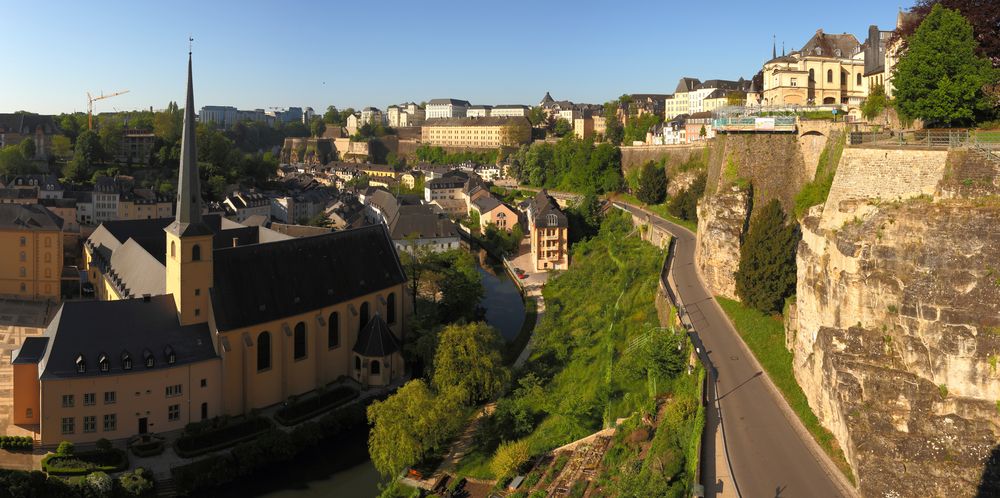Book your transfer
Passenger reviews
2024-11-18
Budapest Airport (BUD), Ferihegy, Liszt Ferenc-Tököl
Punctuality: 5 Driver: 5 Vehicle: 5
2024-07-26
Budapest Airport (BUD), Ferihegy, Liszt Ferenc-Nagymaros
Great service!
Punctuality: 5 Driver: 5 Vehicle: 5
2023-12-25
Brussels city (all areas)-Brussels Zaventem Airport (BRU)
Punctuality: 5 Driver: 5 Vehicle: 5
2023-08-18
Brussels Zaventem Airport (BRU)-Tienen
Satisfied with the service.
Punctuality: 5 Driver: 5 Vehicle: 5
2023-05-06
Rotselaar-Brussels Zaventem Airport (BRU)
Alles verliep perfect: stipt, een goede en vriendelijke chauffeur en een comfortabele wagen.
Punctuality: 5 Driver: 5 Vehicle: 5
2023-04-17
Wavre-Charleroi Airport Brussels South (CRL)
Just perfect
Punctuality: 5 Driver: 5 Vehicle: 5
2022-11-28
Vienna Airport (VIE)-Brno
Punctuality: 5 Driver: 5 Vehicle: 5
2022-11-14
Prague Airport (PRG)-Prague city (all areas)
Very punctual: the driver was waiting for me at the airport and picked me up on time for the return.
Driver: Both drivers were very efficient and friendly.
Vehicle: in both cases the vehicles were in excellent condition.
I'll be very happy to use the service again.
Punctuality: 5 Driver: 5 Vehicle: 5
2022-10-26
Mauritius Airport (MRU)-Sugar Beach Hotel
Perfect! The driver was waiting for us at Time! He was very welcoming and nice!
Punctuality: 5 Driver: 5 Vehicle: 5
2022-08-20
Mauritius Airport (MRU)-Le Meridien Hotel
Excellent in all… highly recommended!
Punctuality: 5 Driver: 5 Vehicle: 5
Transfer from Brussels Airport to Luxembourg
transfers2airports.com offers the best rates for low cost airport taxi transfers between the city of Luxembourg and Brussels Airport and Charleroi Airport.

